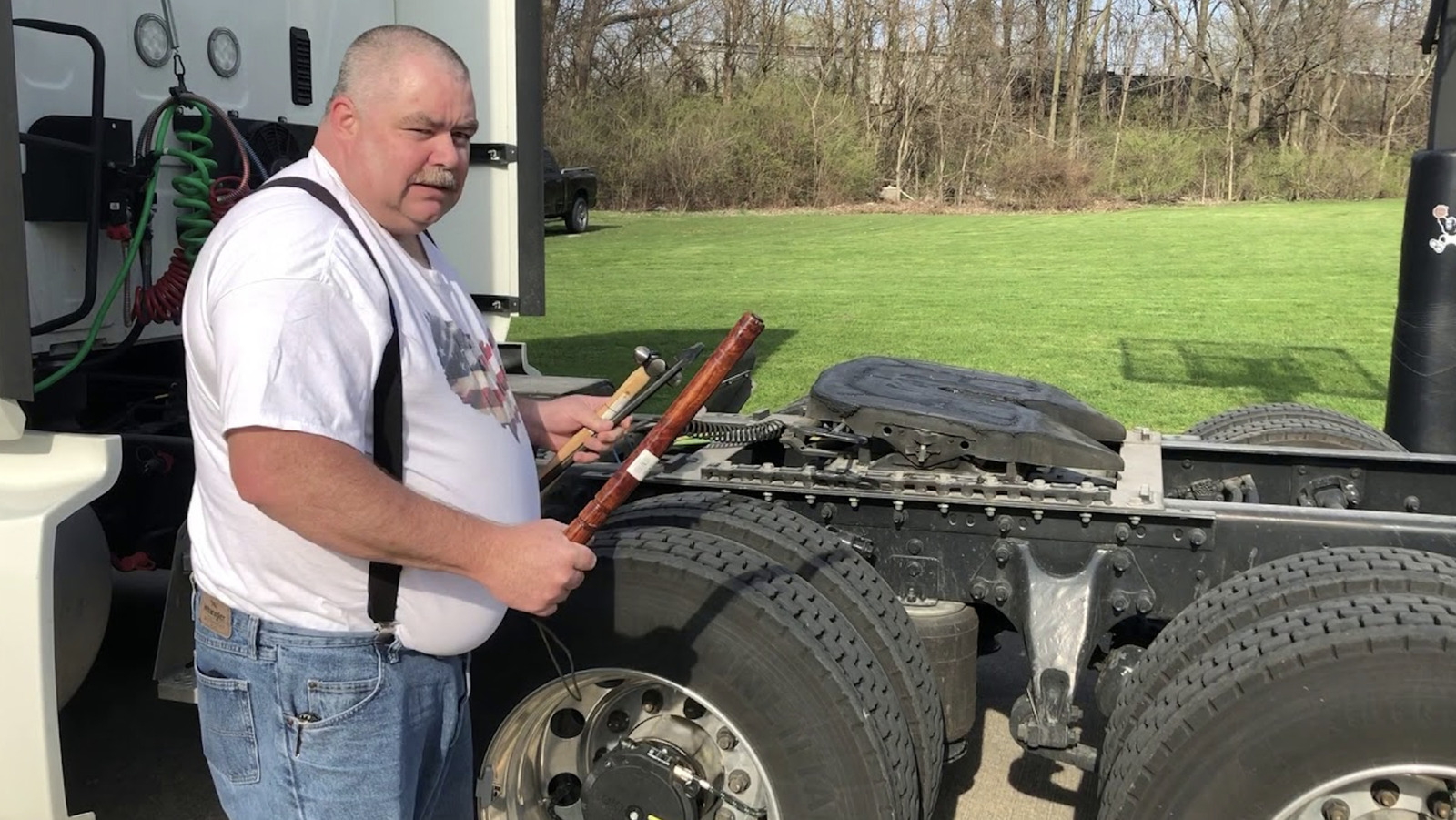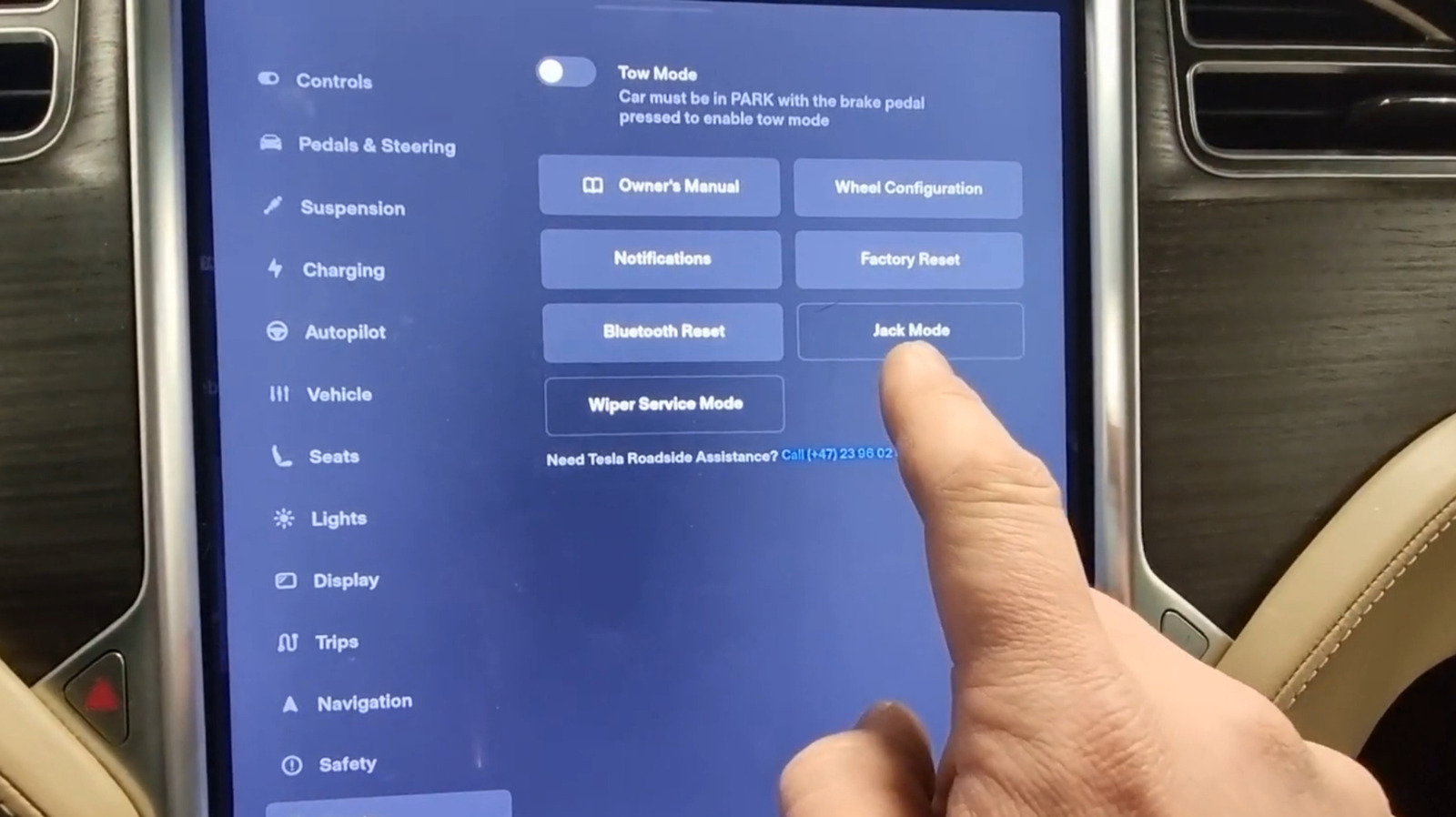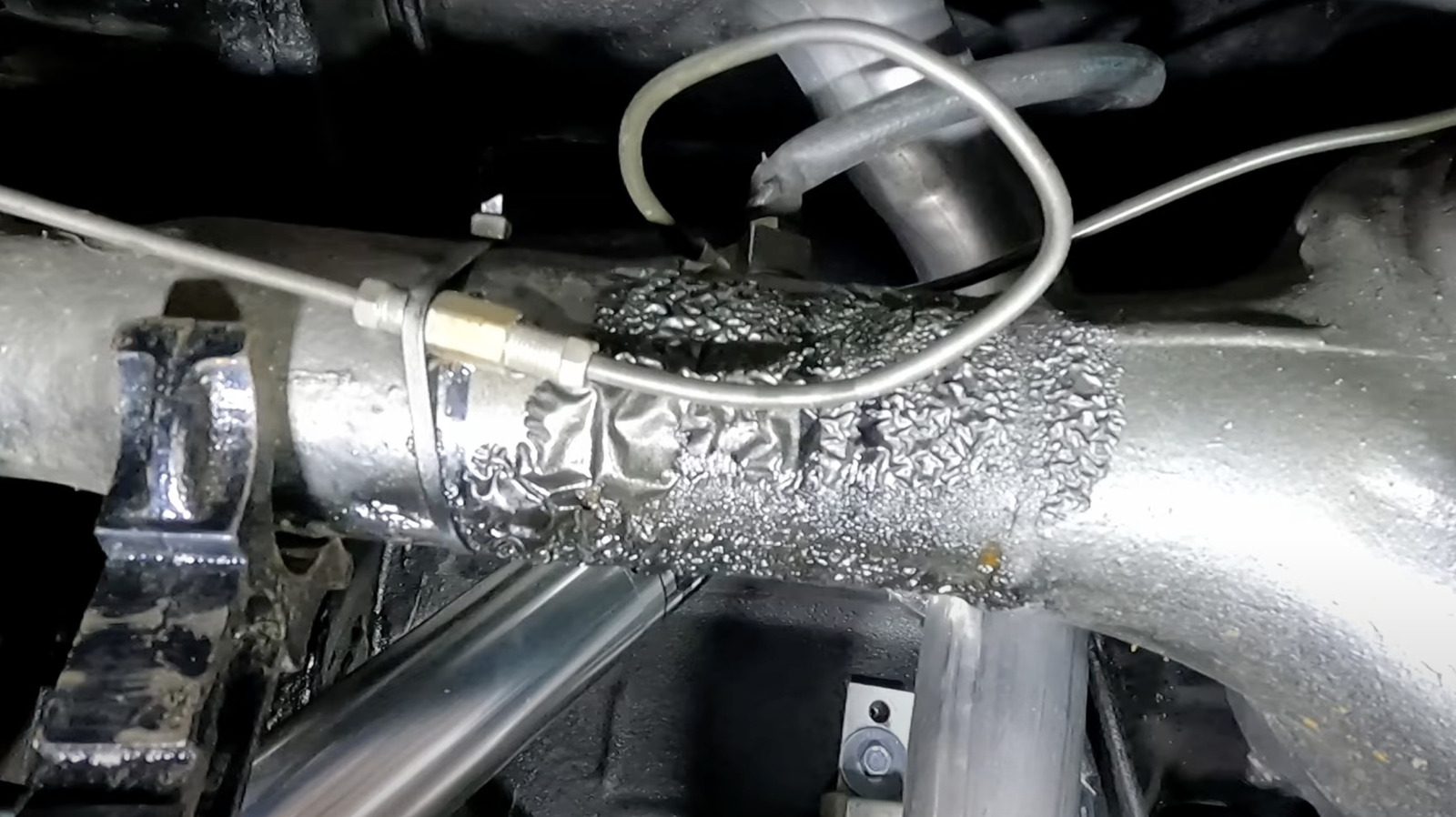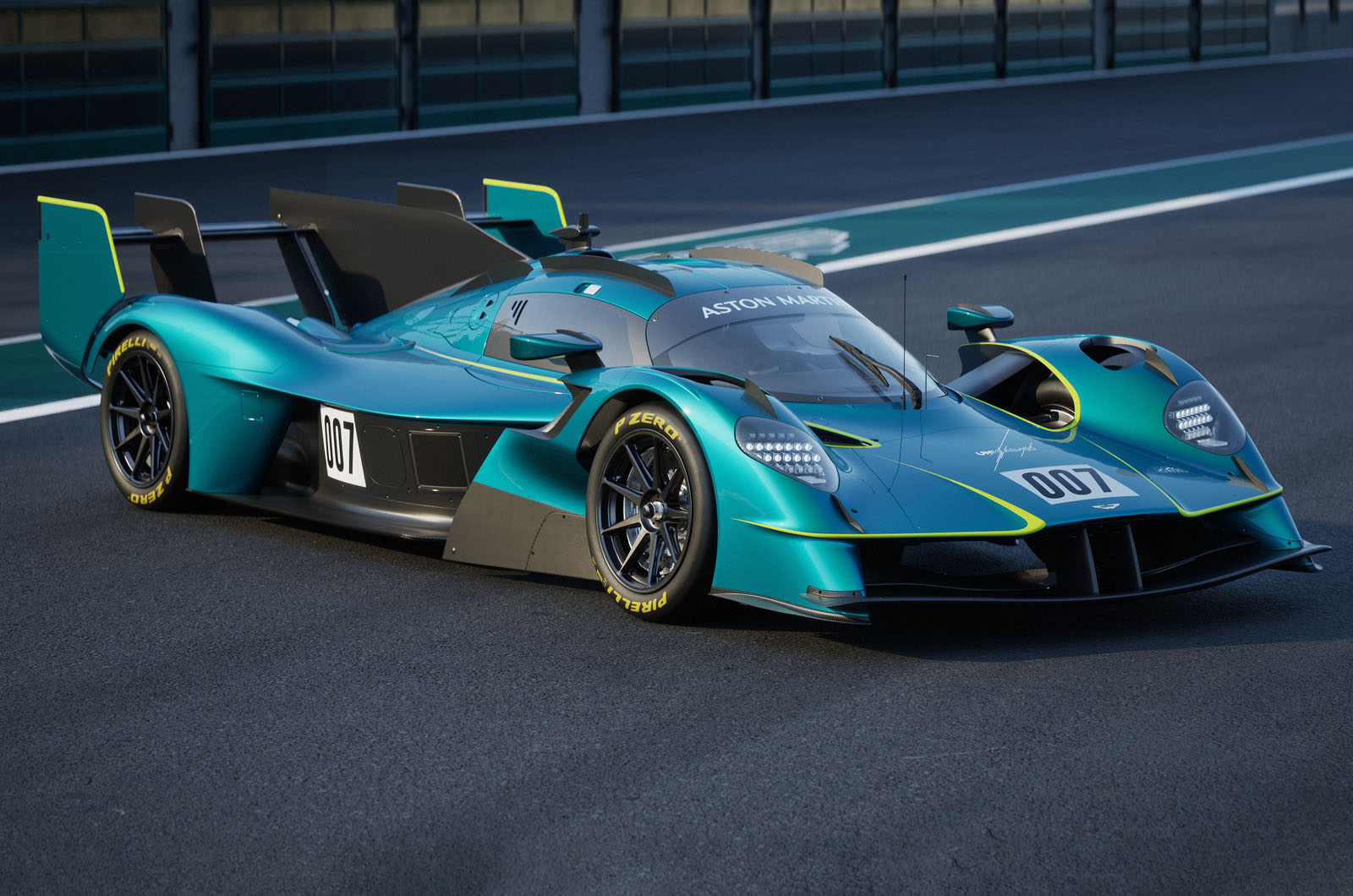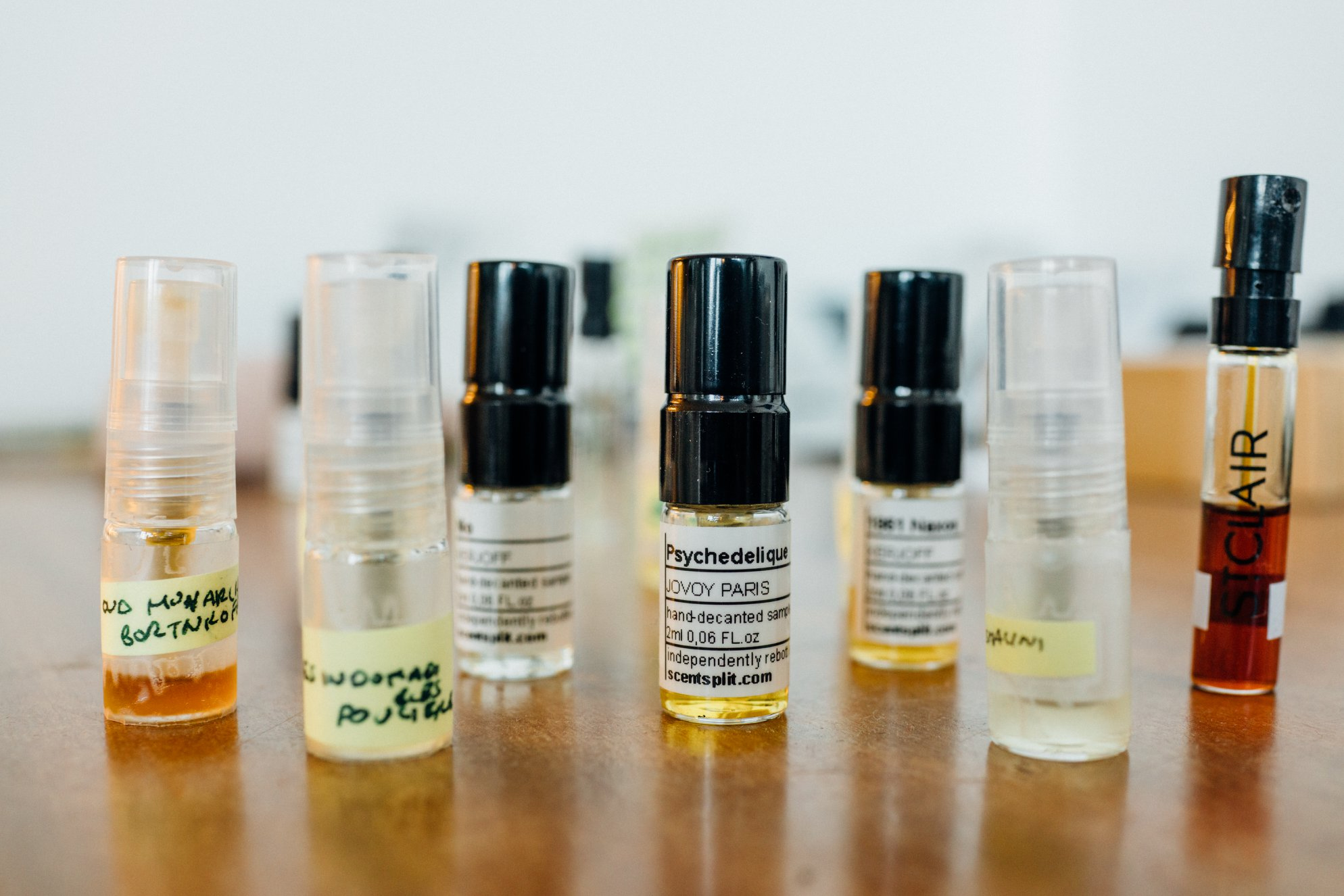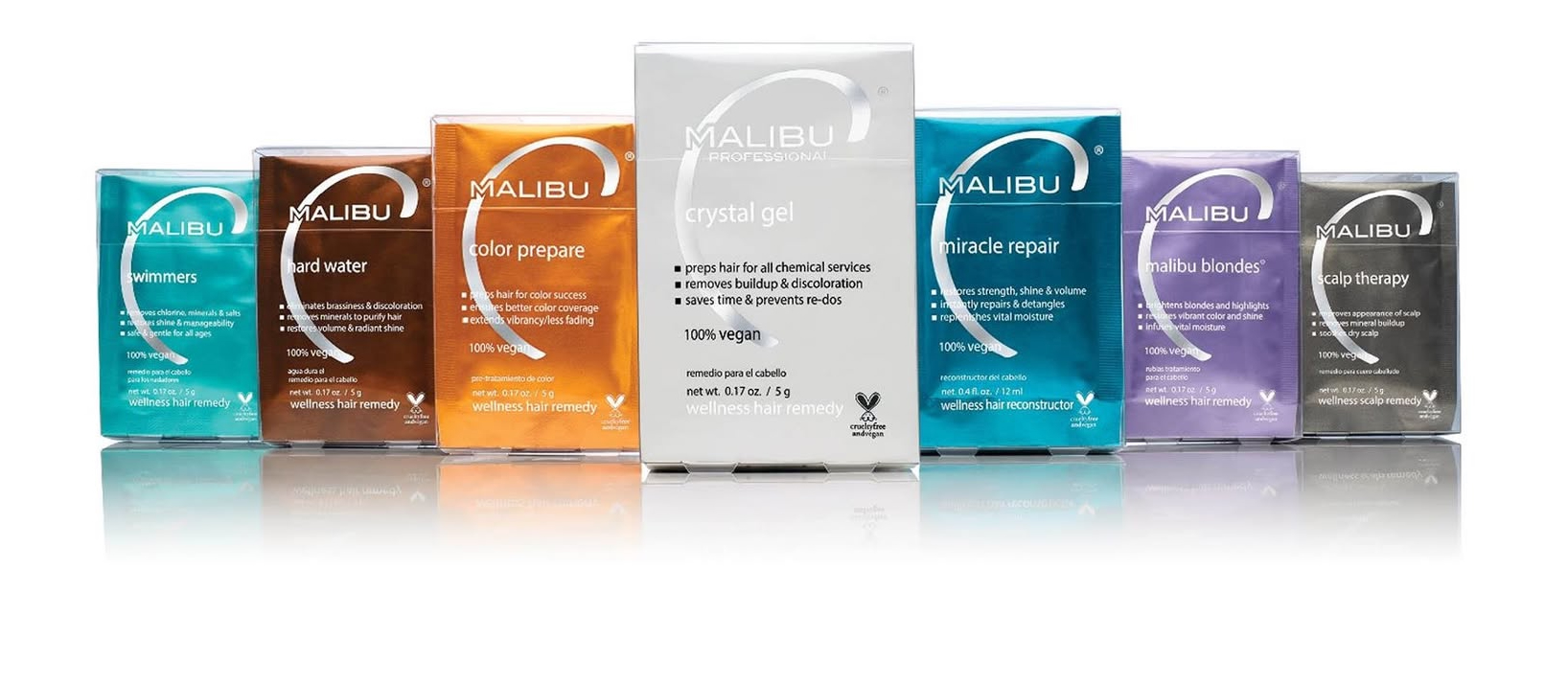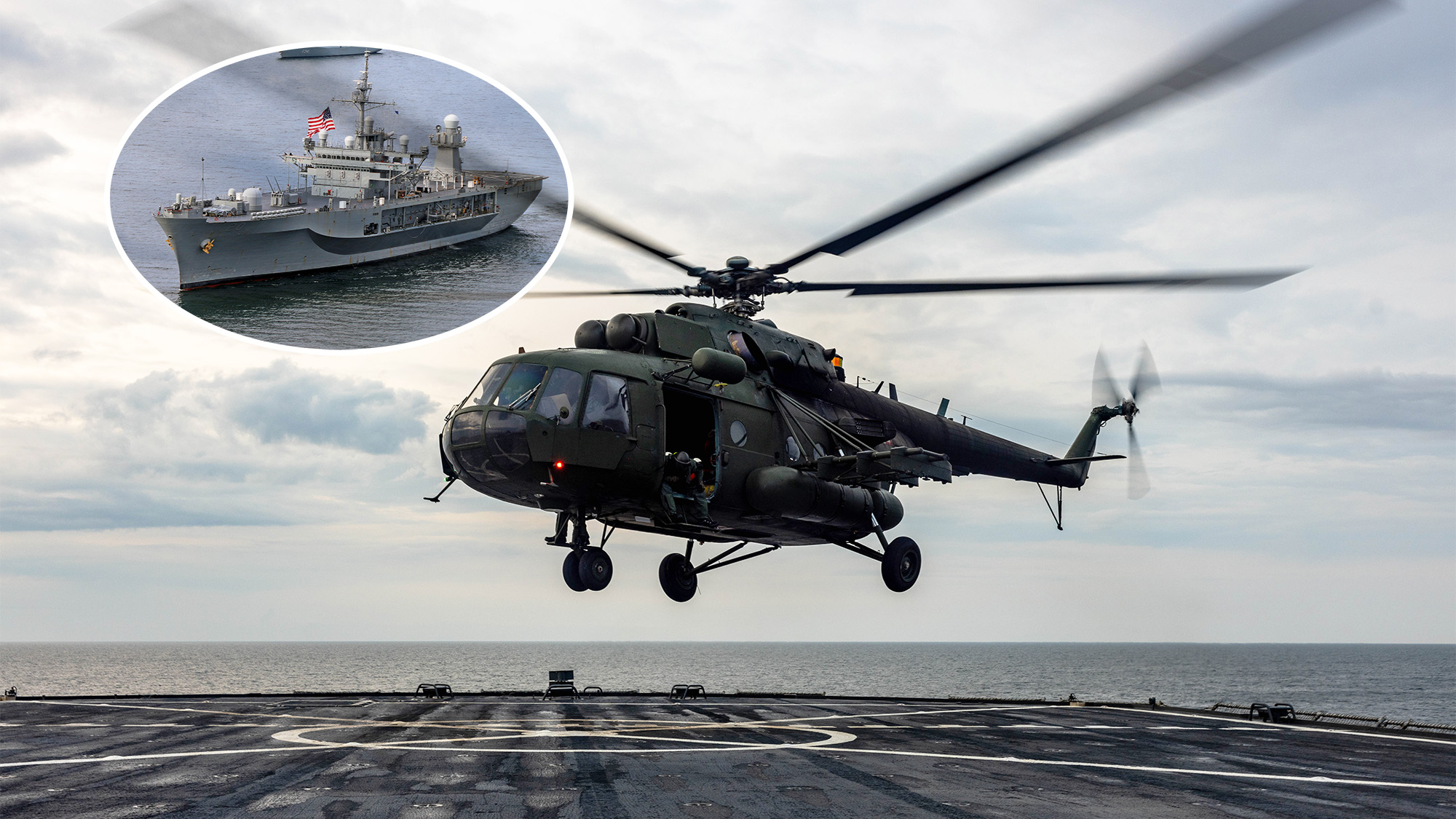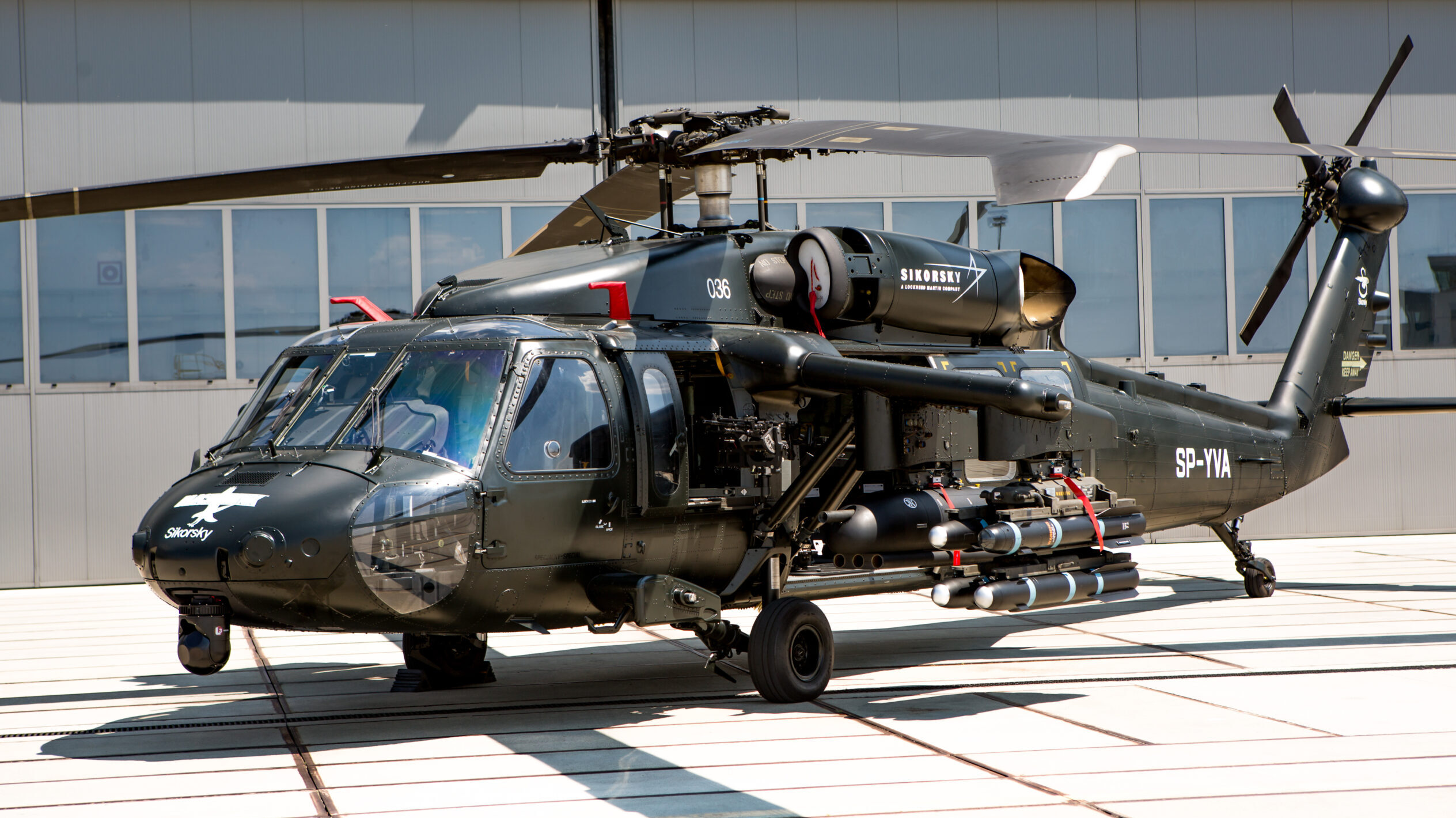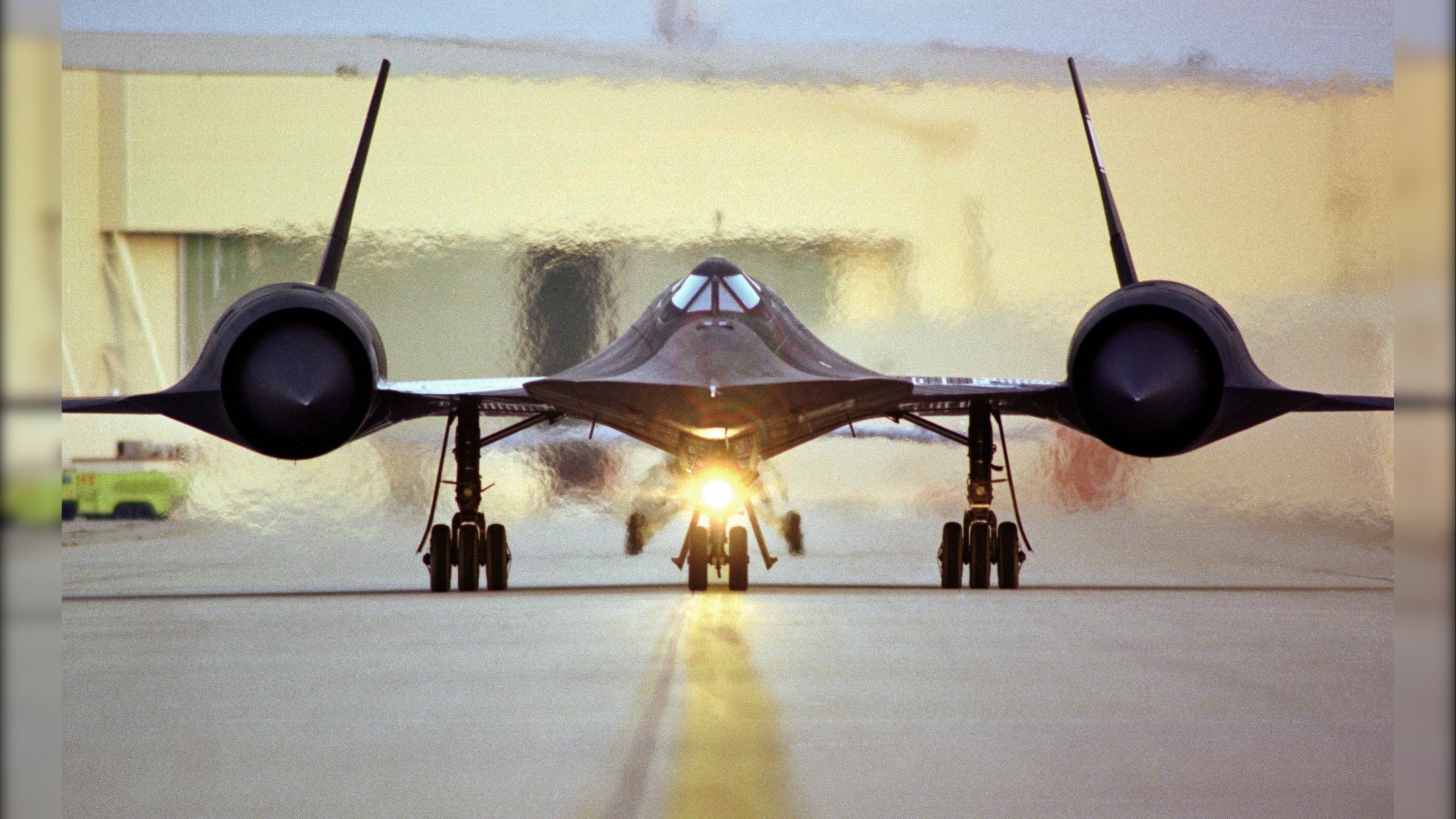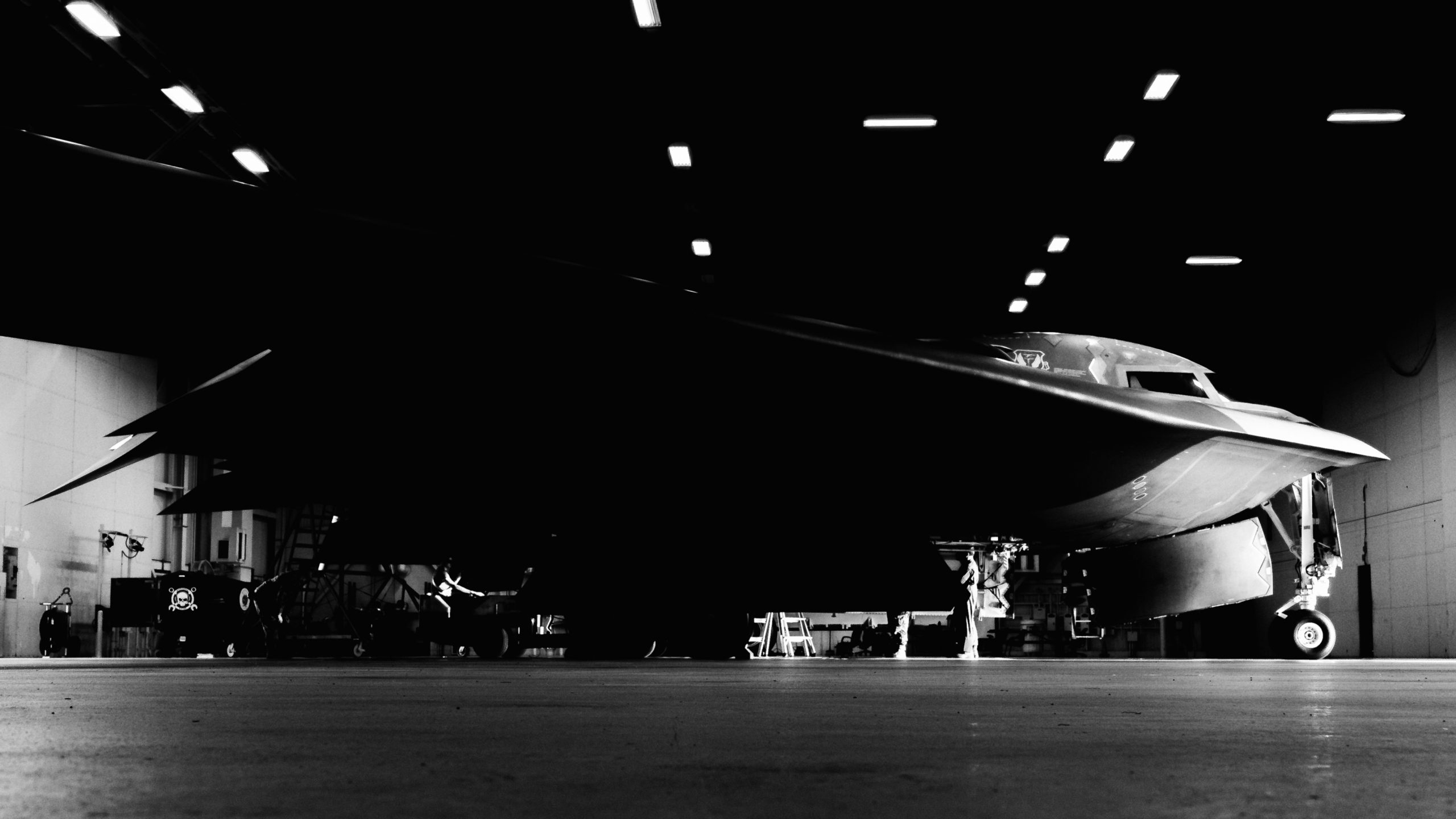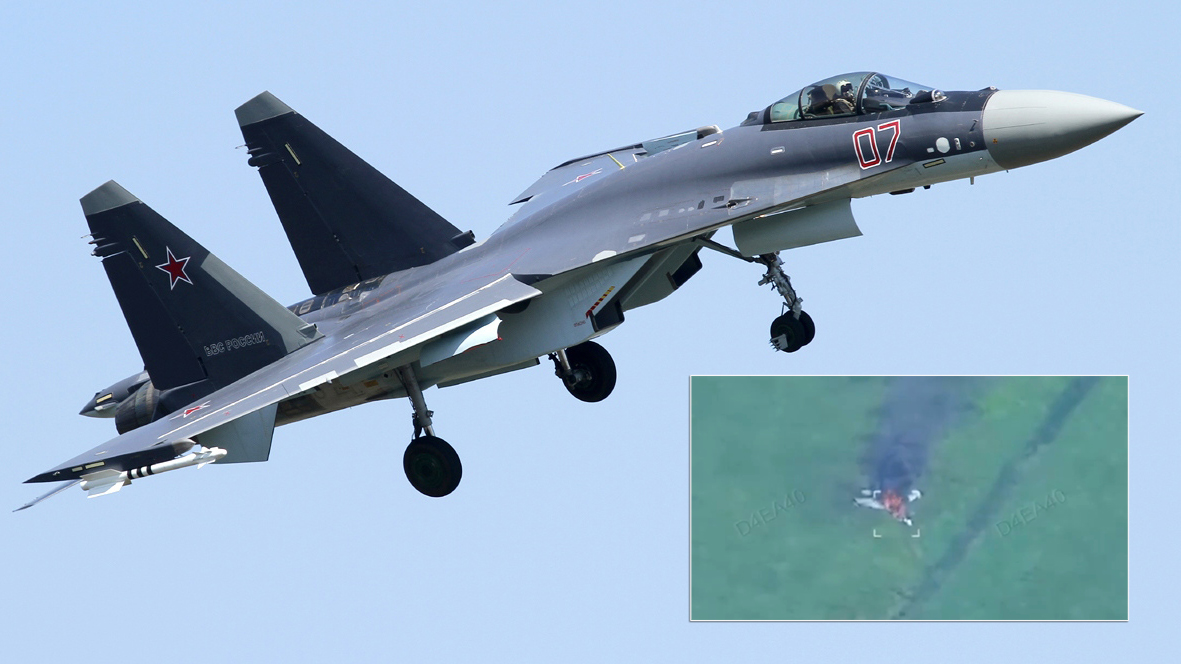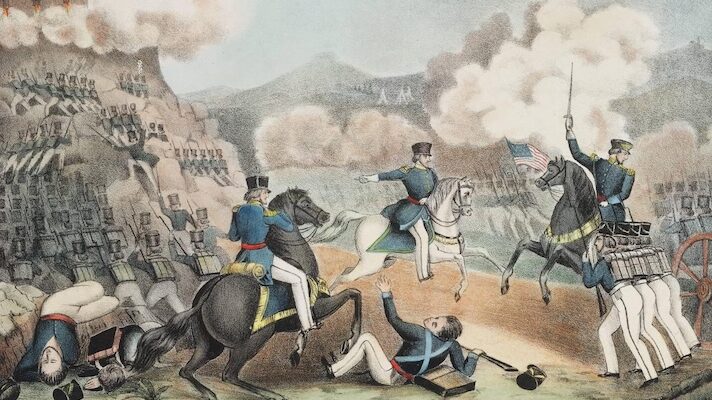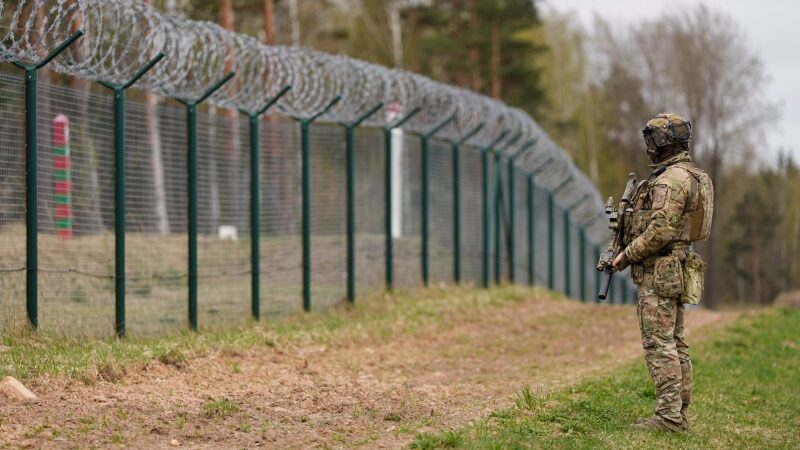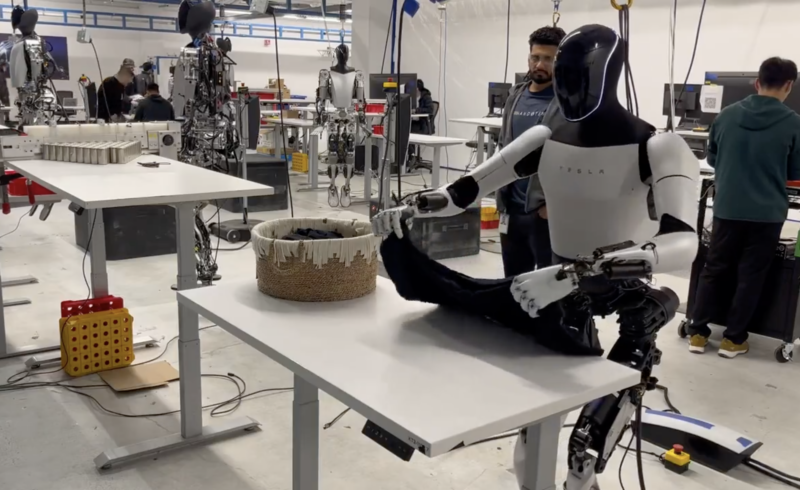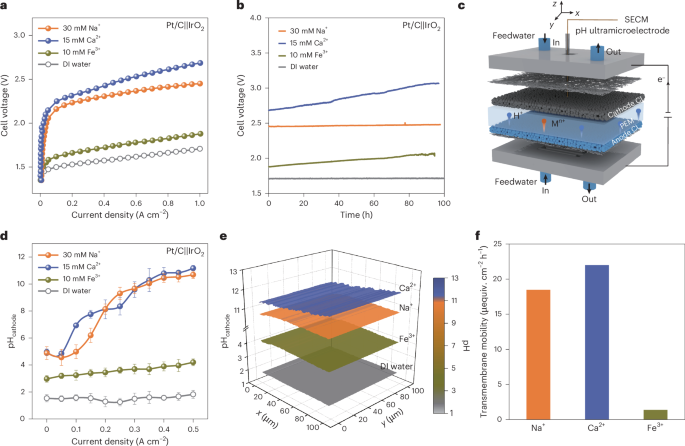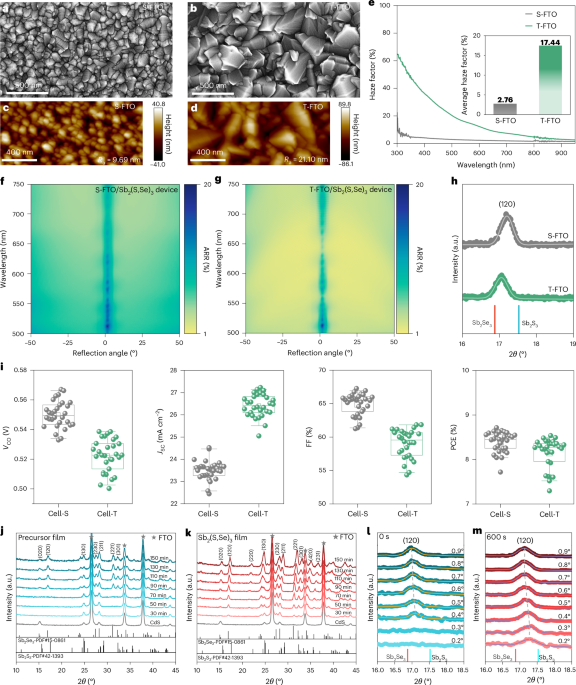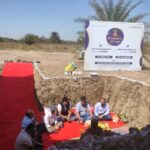Inside Turkey’s ASFAT and its push to become regional hub for military aircraft MRO
“Turkey is a very good choice for MRO, so we’re talking to them, and we are introducing our capability,” ASFAT CEO Mustafa Ilbas told Breaking Defense.


AS532 Cougar helicopter operating with Turkish Air Force and undergoing MRO at the 5th AMFD in Ankara. (Photo courtesy of ASFAT)
ANKARA — Turkish defense contractor Askeri Fabrika ve Tersane İşletme AŞ (ASFAT) is looking to become a regional hub for military aircraft Maintenance, Repair and Overhaul (MRO) in the Middle East and Africa, according to the firm’s CEO. To do so, it’s expanding its existing capabilities through partnerships with other nations, importing new maintenance and production equipment and decreasing the firm’s dependence on foreign supplies.
“We want to work together, we want to share everything [and] whatever we have. I mean because we have [a] strong defense industry [in Turkey], and also we have some technology, so we want to share this capabilities with those countries,” ASFAT’s newly appointed CEO Mustafa Ilbas told Breaking Defense at ASFAT’s headquarters in Ankara, ahead of a tour of the company’s operations elsewhere in Turkey.
It’s also, of course, the firm’s goal to expand for its own sake.
“We have to bring aircraft from outside, that’s why we’re working with Airbus,” Ilbas said.
Airbus, the European aerospace firm, has certified ASFAT to retrofit A-400M military transport aircraft, which ASFAT officials described as an example of the military equipment the company will help maintain not only for the Turkish air force but for an increasing number of regional customers.
For instance, ASFAT is in negotiation with Kazakhstan to host its newly procured A-400M for MRO and retrofit activities similar to the work it does on nine Turkish Airbus-built A-400 aircraft, according to the CEO.
“Turkey is a very good choice for MRO, so we’re talking to them, and we are introducing our capability,” Ilbas said.
Breaking Defense toured three ASFAT MRO factories in Turkey: the 2nd Air Maintenance Factory Directorate in Kayseri, specialized in transport aircraft; the 1st AMFD in Eskisehir, dedicated to maintaining fighter jets; and the 5th AMFD in Ankara, where helicopters are maintained and repaired. Breaking Defense, like other outlets, accepted travel and accommodation for the trip.
International Partnerships
ASFAT was founded 7 years ago, but in recent years, especially in the wake of Turkish President Recep Tayyip Erdogan’s 2023 visit to the Gulf states, it and other Turkish firms have been aggressively pursuing business in the Middle East and beyond.
In all, Ilbas said ASFAT has 27 factories and 10 naval shipyards with which ASFAT is “authorized to market and conduct business with allied countries to share existing capacities, products and services.”
Specifically, Ilbas told Breaking Defense that the firm plans to boost its cooperation with Gulf and Middle Eastern states.
“We are concentrating [on] Iraq, for example, so we have another company over there, so we are actually doing some business over there, but not [only] about air platforms but also naval and also the land platforms,” Ilbas said.
In Iraq ASFAT has entered a joint venture, AYDA Integrated Defence Systems, with another Turkish firm YDA Group, which is “now building a factory for supplies and land platforms.”
In the Gulf, ASFAT is “going to establish a company in Qatar, a collaboration with big Qatar company,” through which Ilbas expected to be able to reach and penetrate the Gulf market.
Likewise, the CEO told Breaking Defense that the firm is in discussions with the Kingdom of Saudi Arabia to cooperate on naval platforms production.
“We are [open to] sharing the knowledge [and] capabilities. I think we’re going to get very great collaboration in the near future with KSA,” Ilbas said.
He highlighted that any deal with Gulf states is a “win-win” for both sides, as ASFAT is “not trying to sell something, we want to make something together. This is our policy [with] close neighbors and the Gulf countries are our brothers and sisters.”
Further, during the 2nd AMFD visit, while walking by A-400 M military transport aircraft undergoing retrofitting, Turkish officials told Breaking Defense that there are negotiations with African countries including Niger and Nigeria to bring over 100 C-130 military transport aircraft for maintenance in the factory.
Independence And Expansion
Walking through the 1st AMFD, the smell of oil and grease permeated the factory. The walls of the factory were decorated with the photos of different spare parts with two prices each: the price of the part if it was imported, and the price if it was made locally. One spare part for a fighter jet showed a 16,314 Lira ($416) price tag, but purportedly would only cost 814 Lira when produced in Turkey.
“10,000 material pieces are produced in accordance with international aviation standards to lessen Turkey’s dependency on foreign entities for advanced technological products, production, variety and quantity are continuously increased within the scope of our localization and nationalization aims,” a Turkish official said at the 1st AMFD.
These production lines of components and subsystems not only decrease the Turkish defense industry’s dependence on supply chains and possible foreign restrictions on defense exports, but also saves a large bulk of maintenance expenditures.
“Dependency on foreign materials in the defense industry was very high, maybe 20 years ago, but now it decreased to 20 percent, which means we can produce our products with the 80 percent local companies and our defense industry consisting of 2,000 companies. Actually, so I’ve been told it’s about 3,000,” Ilbas told Breaking Defense in the interview.
He highlighted that “in a short period ASFAT has reached about $5 billion of total project size, with about 150 completed and ongoing projects.”
The 5th AMFD in Ankara, where helicopters undergo MRO, contained several types of helicopters including Black Hawk, Chinook and Cougar helicopters, AW119 and ATAK helicopters. At this site, helicopter engines, transmission systems, gearboxes, hydraulic systems and rotor blades that have undergone necessary maintenance and repairs are tested on computer-controlled engine test benches, where actual flight conditions are simulated one-to-one to measure their performance values.
In a high-tech touch, the company had installed display boxes featuring 3D holograms of engines and other helicopter parts.
When asked about ASFAT’s future plans, Ilbas responded, “I can just say that [it will be] at least five times bigger than today in the next five years” in terms of revenue.
But at the 1st AMFD, there was a reminder that in the international defense business, not everything is under any one company’s control, and geopolitics tend to intercede. There, on a table among small aircraft models including Turkey’s indigenously developed KAAN, was a model of a US-made F-35, the plane that had been destined to be Turkey’s fifth-generation stealth fighter before Washington pulled the plug over a Russian radar.








